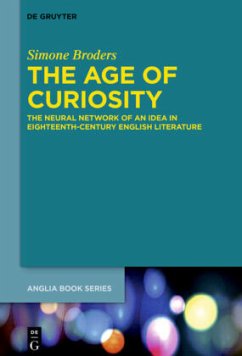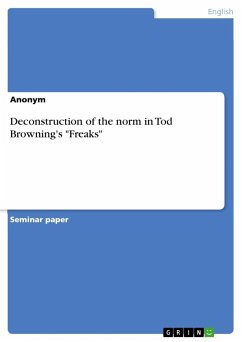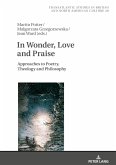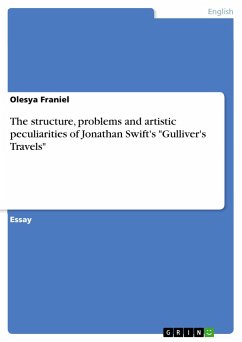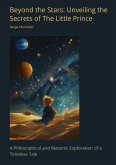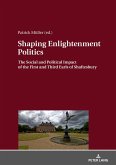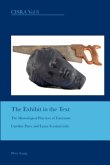Challenging the 'success story' of curiosity from original sin to intellectual virtue, this study uses an innovative methodological approach to the history of ideas as a non-teleological neural network based on current research in information technology and neurophysiology. The network offers a dynamic alternative to the 'development' of curiosity within the progress-oriented mythology of the Enlightenment, emphasizing the oscillation and interaction of ideas within the processes of their construction, as well as exposing the power relations behind them.
The text corpus focuses on enactments of curiosity in English literature of the 'Long' Eighteenth Century (c. 1680-1818), such as transgression of boundaries, breach of taboo, gendered curiosity, sensationalism, or academic endeavour, bringing together a variety of examples from all major genres.
The Age of Curiosity contributes to current debates on a post-Foucauldian renewal of Lovejoy's history of ideas in Enlightenment studies, exploring both curiosity as an indispensable trait for the search of answers to the fundamental yet unresolved questions of 'identity' or 'truth', and its potential as cura, the care for others and the world.
Hinweis: Dieser Artikel kann nur an eine deutsche Lieferadresse ausgeliefert werden.
The text corpus focuses on enactments of curiosity in English literature of the 'Long' Eighteenth Century (c. 1680-1818), such as transgression of boundaries, breach of taboo, gendered curiosity, sensationalism, or academic endeavour, bringing together a variety of examples from all major genres.
The Age of Curiosity contributes to current debates on a post-Foucauldian renewal of Lovejoy's history of ideas in Enlightenment studies, exploring both curiosity as an indispensable trait for the search of answers to the fundamental yet unresolved questions of 'identity' or 'truth', and its potential as cura, the care for others and the world.
Hinweis: Dieser Artikel kann nur an eine deutsche Lieferadresse ausgeliefert werden.

